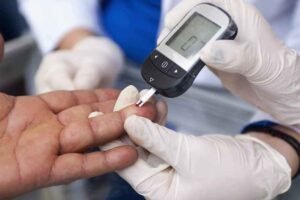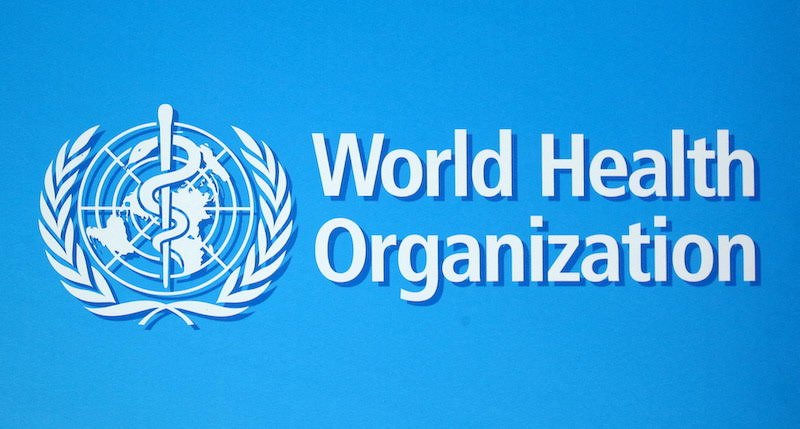- ••Government should do more to stem the public health emergency
As Nigeria joins the rest of the world today (Thursday, November 14) to commemorate this year’s World Diabetes Day, tagged, ‘Breaking Barriers, Bridging Gaps’, it is important that the federal government and other stakeholders address this huge burden. Health authorities must take seriously the recent alarm by the Diabetes Association of Nigeria (DAN) that over 11 million citizens live with the disease. As of 2014, only about five million Nigerians were reportedly living with the disease. This means that in just 10 years, the number of people detected with the preventable and treatable disease has skyrocketed across the country. There are indications that every year, the country loses no fewer than 22,500 people to complications arising from diabetes.

For clarity, diabetes is a chronic disease that the body builds up because it is no longer able to regulate the sugar it takes in, thereby leading to several other illnesses, and in some cases, death. This silent killer has been linked to stroke, kidney diseases, heart disease, vision loss, amputations, bone disease, depression, among others. And by not fully integrating diabetic care into primary health, access to care is harder yet the disease is gradually sweeping across all age groups and social divide in the country.
In Nigeria, many factors have spurred the increase in the number of diabetics, chief among them is cost of management. In 2011, the average cost of treatment for diabetes for the year was N60,000, while in 2021, it jumped to N300,000. Market survey has shown that treatment now requires an average of N650,000. This has made many Nigerians to stop treatment of the disease or resort to unscientific methods which may be harmful to their body. Meanwhile, most primary health facilities in the country have no budget or medication for diabetics. Worse still, the few diabetics specialists in the country have been deployed to secondary and tertiary facilities, taking them further away from communities where their expertise is needed.
In a country where over 129 million persons are living below the poverty line, according to the World Bank, not many people can afford diabetes medication, which effectively means majority of diabetics will have to suffer the associated complications and eventually die from it. For middle class Nigerians, it is only a matter of time before the out-of-pocket payment for drugs pushes them into poverty. For the poor, their fate is already decided. Apart from placing subsidy on diabetes medication, government should wholly include diabetes care into insurance packages. To ensure that poor diabetics benefit from the insurance – since most poor people are not under any insurance scheme in the country – government should prioritise enrolling poor diabetics into the nation’s health insurance scheme for the purpose of halting out-of- pocket payment for their medication.
Stakeholders should also consider integrating diabetes care into primary health as this will not only eliminate the accessibility issue but will ensure timely care is provided. Government, at all levels, should take a clue from the International Federation of Diabetes and the World Health Organisation (WHO) that have designated diabetes as a public health emergency. By that action it will get the deserved funding and quicker decision in addressing the constraints and restraints in managing it in the country. Also, the citizens have a role to play in addressing the disease.
Experts have said lifestyle is the key determinant whether one will have diabetes or not. Eating healthy, exercising, avoiding smoking and drinking alcohol reduces the risks associated with the disease. Together, the government, health experts, and the citizens must play their roles if Nigeria must reduce the high prevalence of this public health concern that claims the lives of thousands of our people every day.


